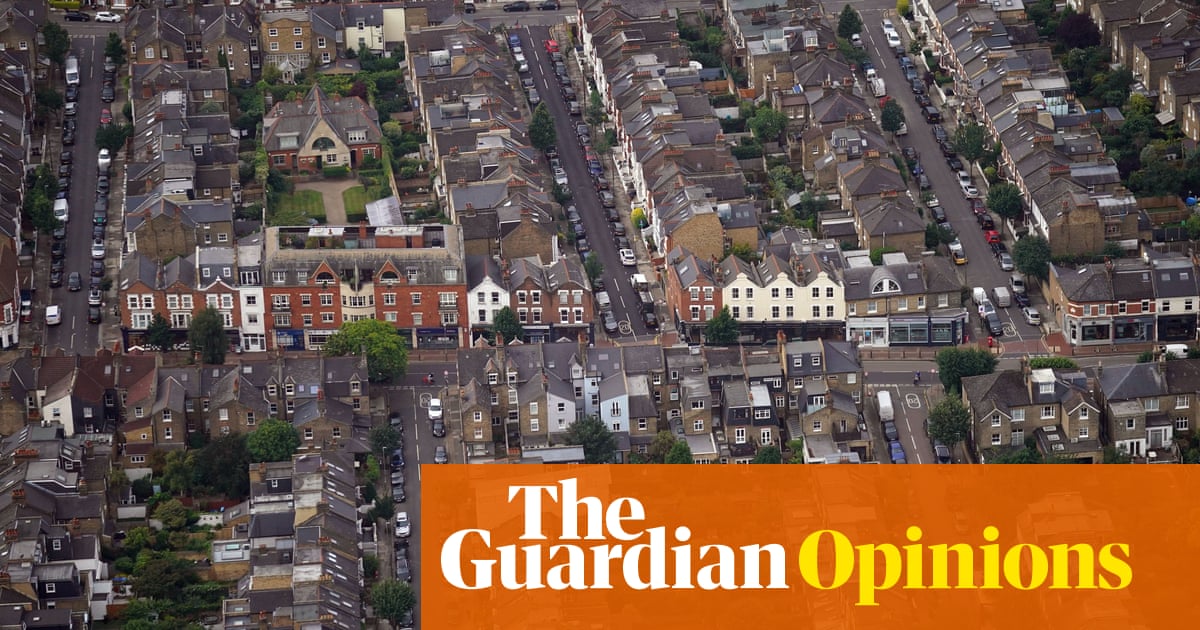
TOKYO (Reuters) - When the coronavirus outbreak caused rice and instant noodles to disappear from supermarket shelves in Tokyo this year, Kaoru Okada, 36, decided to leave the capital because he was worried about food security.Okada settled in the central Japanese city of Saku, Nagano prefecture, about 160 kilometres (100 miles) northwest of Tokyo, maintaining his online retail and export business while growing vegetables in shared farms and threshing rice.
“I moved out of Tokyo in June as soon as the domestic travel ban was lifted, thinking now is a once-in-a-lifetime opportunity,” Okada told Reuters. “Living close to a food-producing centre and connections with farmers give me a sense of security.”
As the pandemic has pushed many companies to allow telecommuting, it has also caused population to flow out of Tokyo - the first time that has happened in years, the latest government data showed.
The shift could boost Prime Minister Yoshihide Suga, who made revitalising Japan’s decaying rural regions a core plank of his socioeconomic platform.
In September, 30,644 people moved out of Tokyo, up 12.5% year-on-year, while the number moving in fell 11.7% to 27,006, the data showed.
It was the third straight month the those moving out outnumbered those moving in, the longest run on record, led by people in their 20s and 30s.
Mizuto Yamamoto, 31, now uses telecommuting to skip Tokyo’s jam-packed morning trains.
An employee at staffing firm Caster Co, he moved about 150 km (93 miles) west of Tokyo to Hokuto in the mountainous Yamanashi prefecture last year with his wife and 2-year-old son.
“It was good to move to quiet areas like Hokuto surrounded by rivers, the Southern Alps and Mt. Fuji,” Yamamoto told Reuters. “There’s no crowd of people, which reduces the virus risks.”












